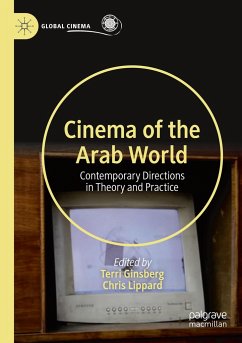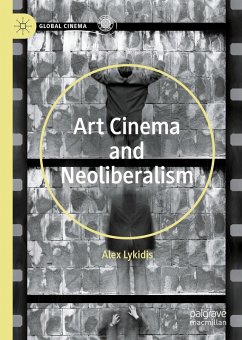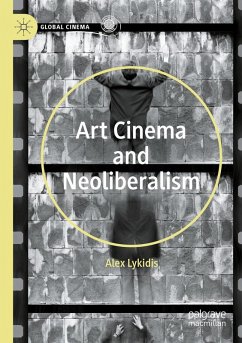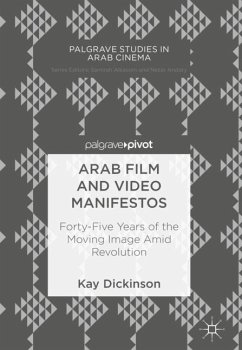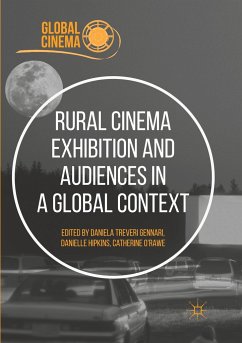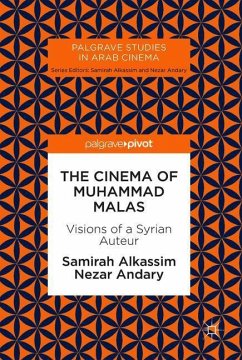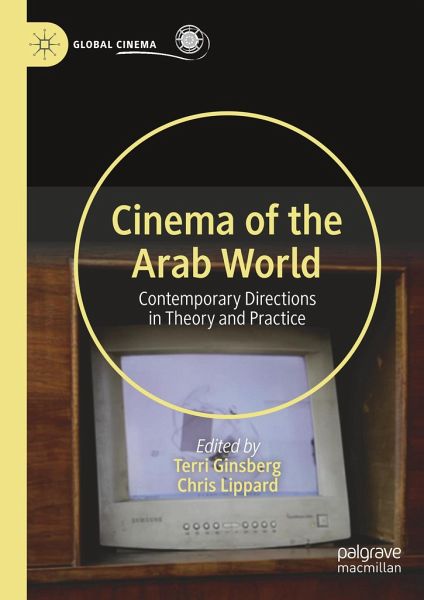
Cinema of the Arab World
Contemporary Directions in Theory and Practice
Herausgegeben: Ginsberg, Terri; Lippard, Chris

PAYBACK Punkte
53 °P sammeln!
This volume engages new films and modes of scholarly research in Arab cinema, and older, often neglected films and critical topics, while theorizing their structural relationship to contemporary developments in the Arab world. The volume considers the relationship of Arab cinema to transnational film production, distribution, and exhibition, in turn recontextualizing the works of acknowledged as well as new directorial figures, and country-specific phenomena. New documentary and experimental practices are referenced and critiqued, while commercial cinema is covered both as an industrial produc...
This volume engages new films and modes of scholarly research in Arab cinema, and older, often neglected films and critical topics, while theorizing their structural relationship to contemporary developments in the Arab world. The volume considers the relationship of Arab cinema to transnational film production, distribution, and exhibition, in turn recontextualizing the works of acknowledged as well as new directorial figures, and country-specific phenomena. New documentary and experimental practices are referenced and critiqued, while commercial cinema is covered both as an industrial product and as one of several instances of contestation. The volume thus showcases the breadth and depth of Arab film culture and its multilayered connections to local conditions, regional affiliations, and the tendencies and aesthetics of global cinema.



